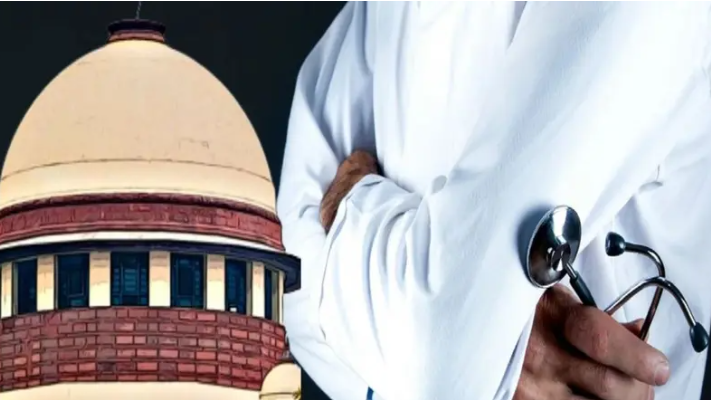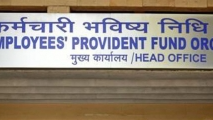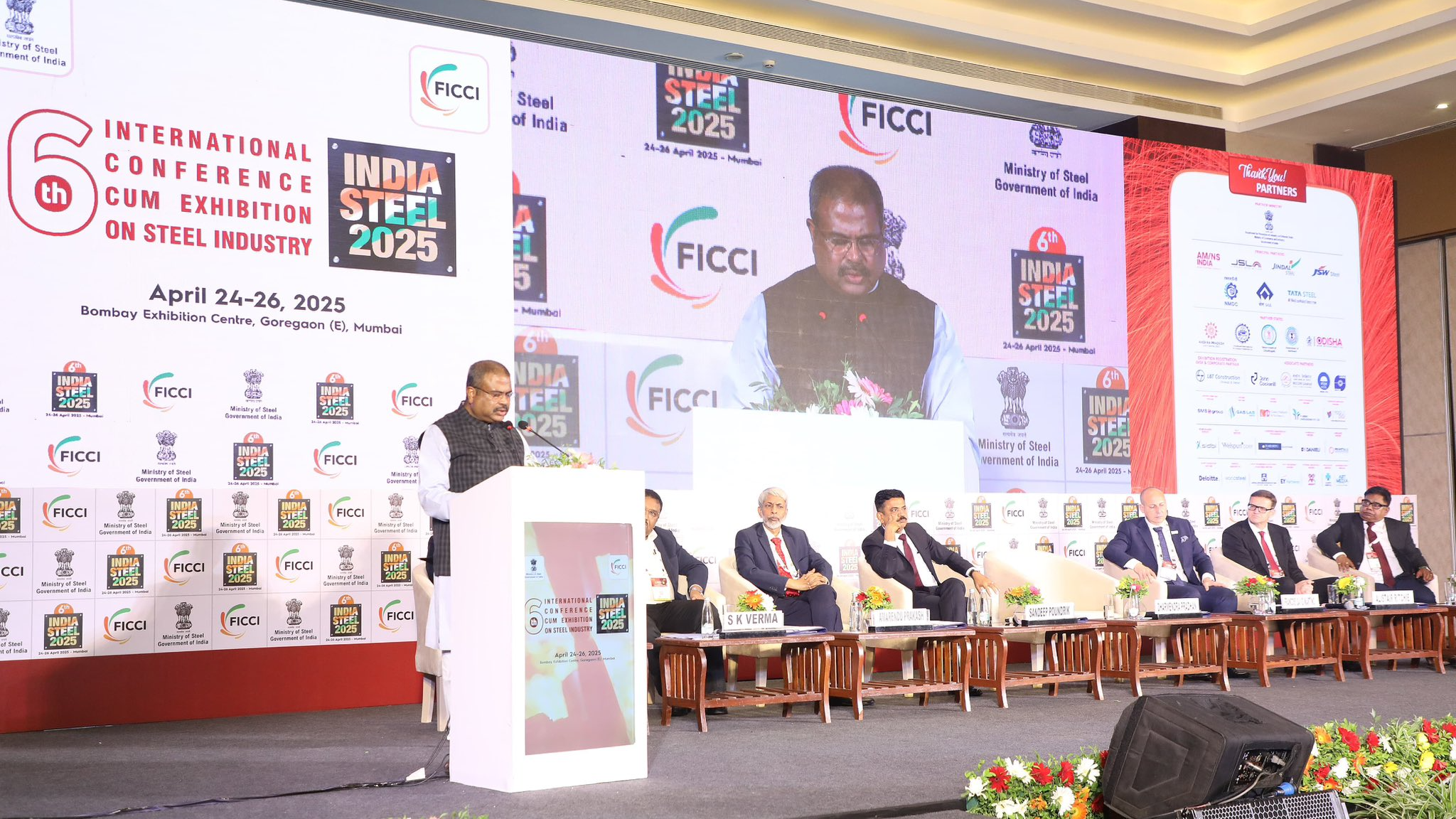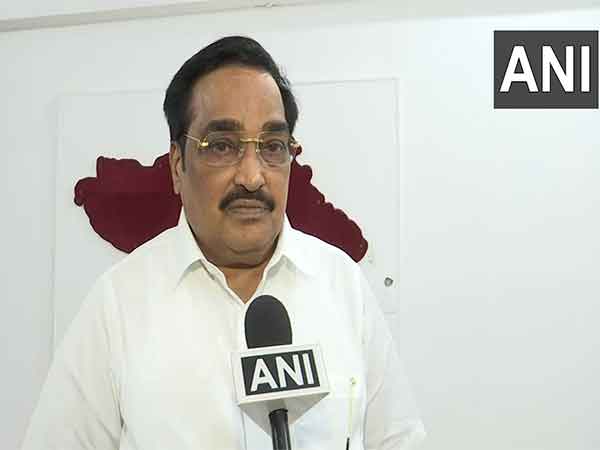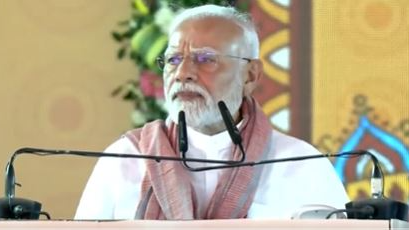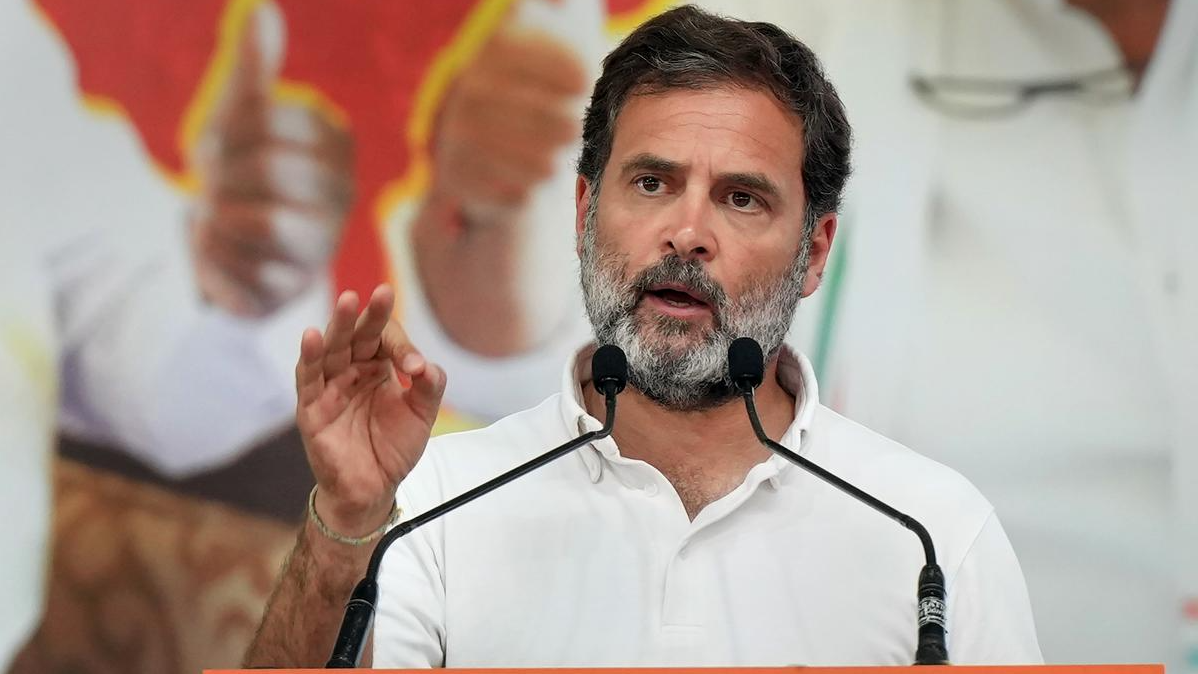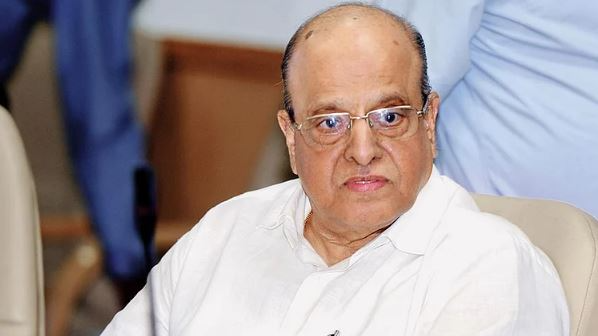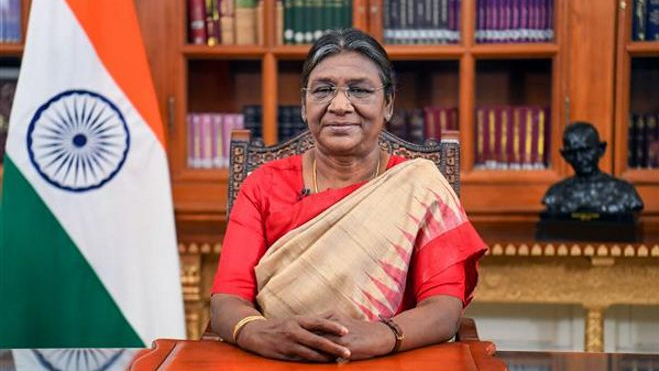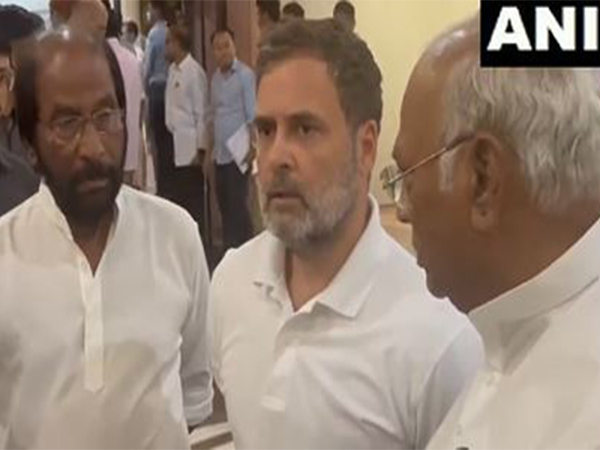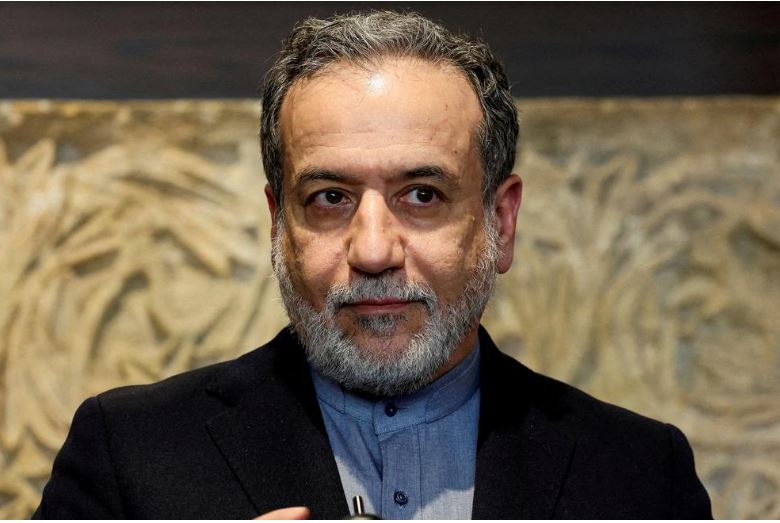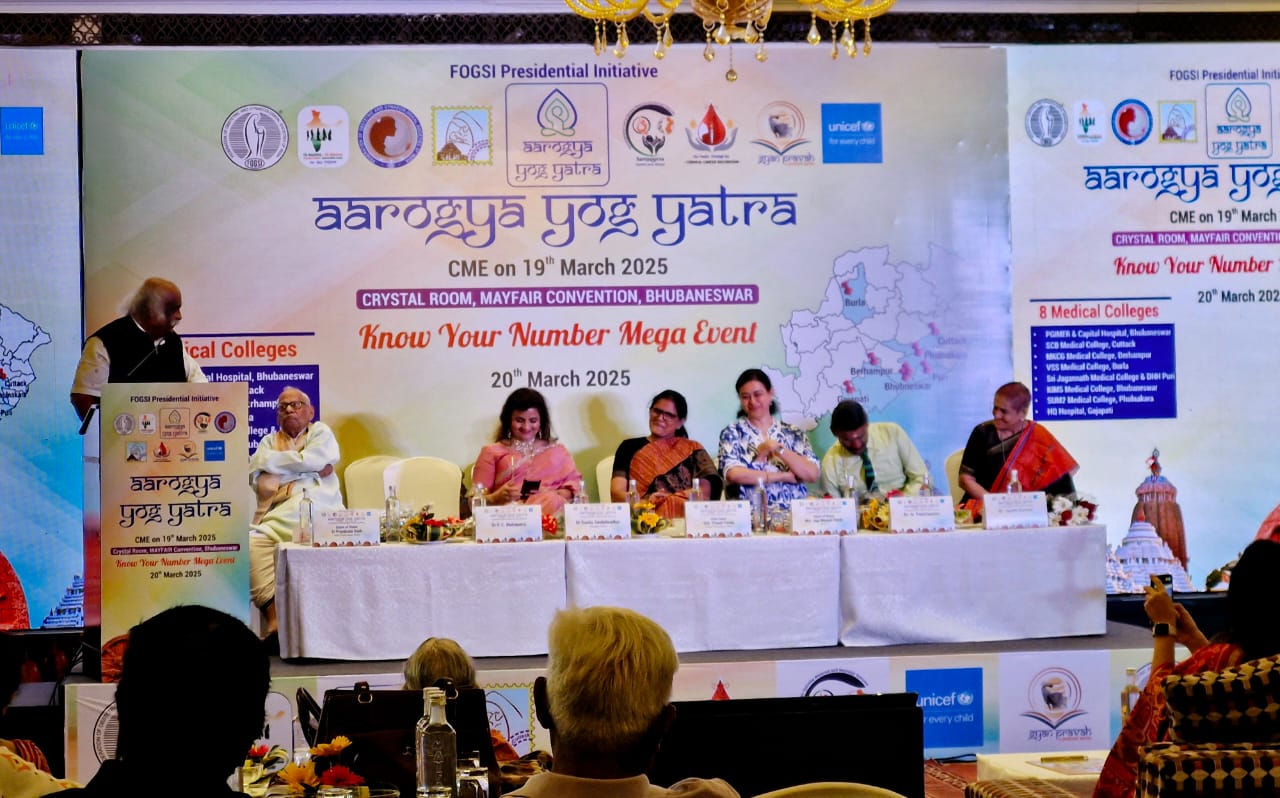Bhubaneswar: The country’s apex court has dispensed with the shackles of domicile quota in PG medical admission throwing open 46,495 PG seats for all aspirants.
The Supreme Court said there is no State domicile (residence based) – we all are domicile of India.
It has come as a big breather for the aspirants appearing in the NEET 2025 PG Medical exam in June this year.
Another big emerging fact has been that the 3-Judge bench comprising Justices Hrishikesh Roy, Sudhanshu Dhulia and SVN Bhatti has also questioned the inclusion of education in the State list.
Is the SC bench in support of taking the education out from the State list, when National Education Policy is the buzzword, and many states rejecting the NEP 2020 introduced by Narendra Modi govt?
WHAT SC SAID?
Holding the 85% domicile quota in State govt medical colleges as unconstitutional and discriminatory, the SC said this provision is violative of Article 14 (Equality before Law).
The 3 Judge Bench of Apex Court holds that the country has a single domicile principle.
In the judgement, Justice Dhulia wrote:
“We are all domiciled in the territory of India. We are all residents of India. Our common bond as citizens and residents of one country gives us the right not only to choose our residence anywhere in India, but also gives us the right to carry on trade and business or a profession anywhere in India. It also gives us the right to seek admission in educational institutions across India.”
The court also observed that State-level PG domicile quotas create unfair disadvantage for non-resident students, which undermines NATIONAL UNITY.
While upholding the domicile quota for MBBS seats in State, because of state’s contribution to bringing up medical infra, the apex court observed that specialized courses (PG seats) must be open to All-India merit ranking (via NEET), not domicile reservation.
The SC relied on the following Judgements.
- Jagdish Saran vs Union of India(1980): In this case, Delhi University was providing 70% reservation in PG medical seats for passouts of its university. SC had then struck down, saying 70% is too much. Moreover, Delhi gets grant from Central govt, which mobilizes revenue from all states.
- Pradeep Jain (1984)vs Union Of India: The petitioner who sought admission to MD course in Uttar Pradesh, Justices PN Bhagwati and Ranganath Mishra held that if India is a one nation and there is one citizenship, which entails them to move freely into any part of India or reside in any state, and was guraenteed of freedom of trade commerce etc, how could s/he be discriminated in education.
- Saurabh Chaudri (2003) Vs Union Of India Judgement: "We are of the view that so far as admissions to post-graduate courses are concerned, it would be eminently desirable not to provide for any reservation based on residence requirement within the State or on institutional preference. We would direct that though residence requirement within the State shall not be ground for reservation in admissions to post-graduate courses.”
HOW PG SEAT ADMISSION CONDUCTED?
As on date, the count of postgraduate (PG) medical seats available in India stood at 46,495, with seats for MD at 30,759 and MS at 15,736, respectively. The exam is tentatively scheduled on June 15, 2025.
For admission into the PG seats, aspirants have to clear the NEET test, but NEET counseling was divided into two types.
- All India Quota Counselling for 50% of seats available in govt medical colleges across the country (where it is domicile free)
- State Quota counselling done for remaining 50% seats, including the ones not filled in AIQ counselling.
SAMPLE THE FOLLOWING
- The country has a total of 46,495 seats
- 50% qualifies under AIQ
- Rest 50% under SQ
- In JUNE 2025 exam, SQ was abolished.
ODISHA CASE
The number of govt PG medical seats stood at 725 (Including 88 in AIIMS). 50% seats have no domicile bar.
Now, take the case of Maharashtra that has the highest PG medical seats in the country, where some of the premier medical colleges are located.
In Maharashtra, the number of PG medical seats stood at 3576, which five-times higher than Odisha. Here too 50% seats have no domicile bar. .
But If a PG aspirant from Odisha having a better NEET ranking than a Maharashtra candidate in the NEET percentile, and he aspires to do PG from a premier medical college in Maharashtra, he was not allowed as per the domicile reservation policy under State quota.
This SC verdict has struck down the bar of domicile, and allowed aspirants to pursue PG medical course in the college of his or her choice as per the NEET ranking order.
JUDGEMENT BIGGER IMPLICATIONS
As per Senior Advocate Ajit Shindhe, the bigger implications are the following.
- Supreme court crafts specialised education out of the ambit of State list
- It didn’t impose the same on MBBS seats recognising the need of maintaining healthy doctor to population ratio of respective states.
- SC vouches for nationalism, not regionalism
- The court upholds expertise-driven healthcare by prioritizing merit.
Terming the judgement balanced, the senior advocate said:
“The SC is not questioning the State list as whole that consists of public order, health and agriculture. It has taken out the niche educational quotas from the purview. And this judgment provides the platform for Centre and states collaborating on establishing a national education standard in the country, respecting federal diversity.”








